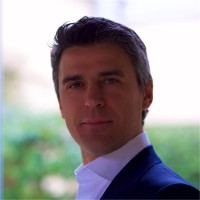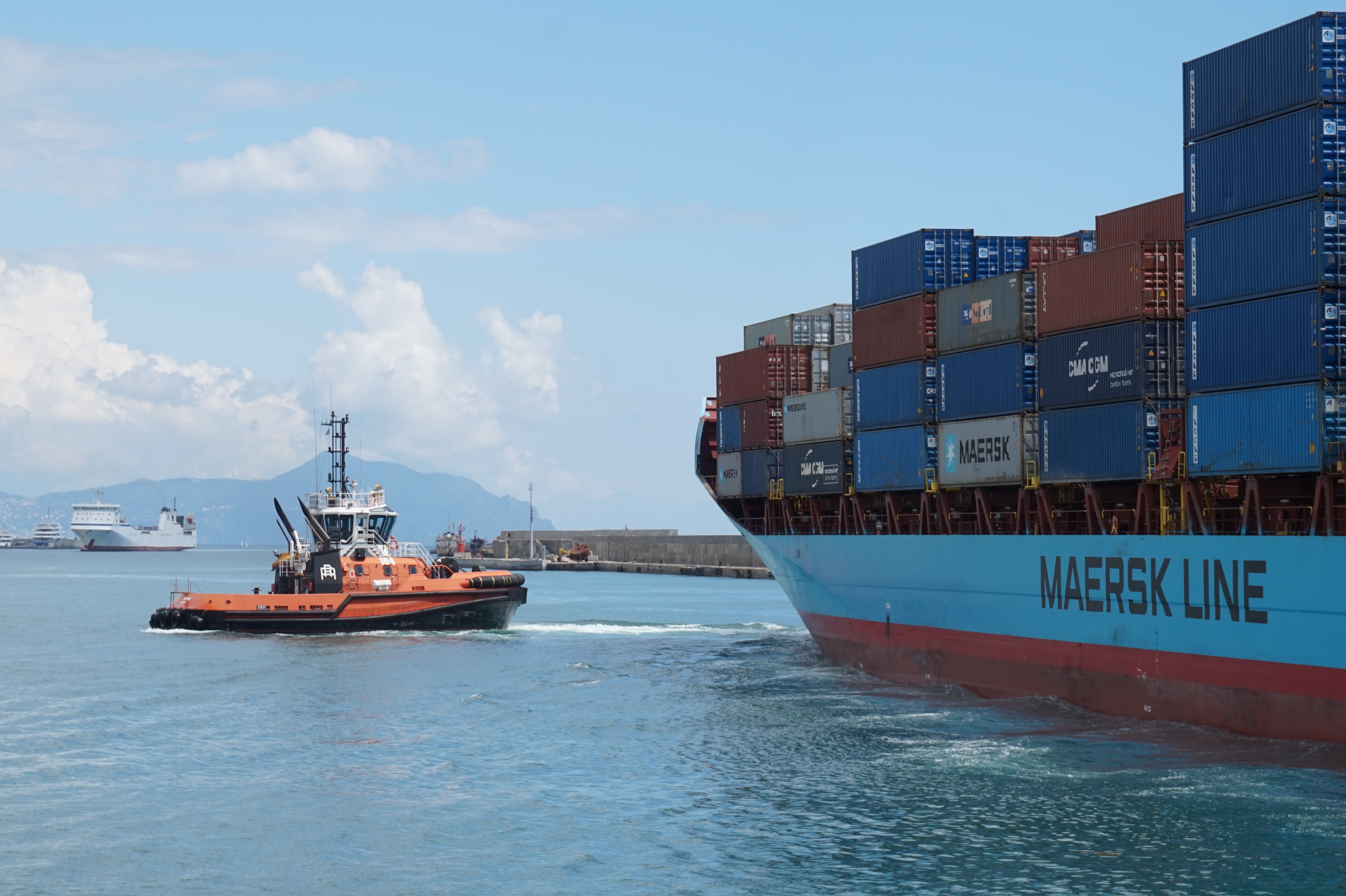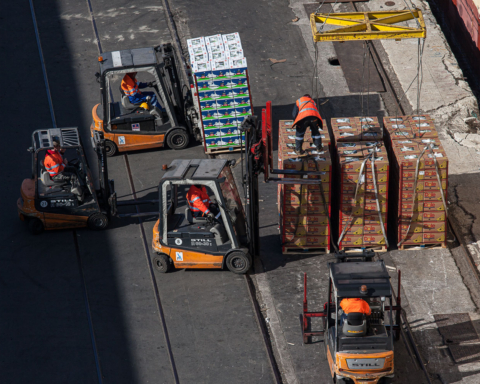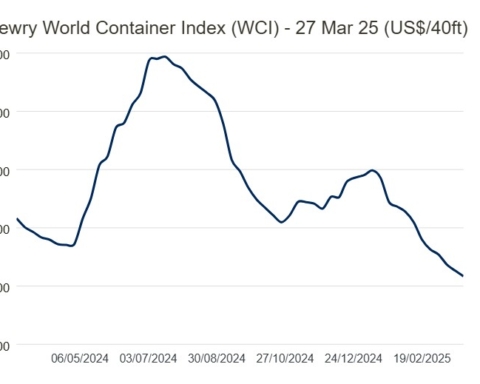From Covid to the War in the Ukraine, from the fight against environmental pollution in the shipping sector to intermodal challenges. These were the issues Maersk Italy’s Sales Director, Maurizio Bortolan, discussed in this interview with Rossana Revello.
“The conflict and the ensuing sanctions are taking a heavy toll on supply chains. It is important for manufacturers and distributors to rethink their way of doing logistics,” Bortolan said at the beginning of the interview.
The war is changing energy and economic scenarios. What can you tell us about the global trend in your sector?
The situation is rather smooth at the moment. We see that COVID-related disruptions are continually easing up, every week, all over Europe. There are fewer bottlenecks at ports and in the hinterland and we have started new initiatives to mitigate some of the problems, like intra-European rail solutions in areas where there is a shortage of truck drivers
The invasion of the Ukraine and the ensuing sanctions have had a greater impact. These events have highlighted the exposure of global supply chains to sanctions and the risk that global markets will be strongly influenced by geo-political changes. A further impact on global supply chains seems increasingly likely and this will bring further costs and disruption. This is why it is important for both manufacturers and distributors to rethink their supply chains for the future and focus on the resilience, flexibility, agility of their supply chains, finding new solutions that improve the visibility of their logistics flows.
As a global logistics integrator and technology innovator, Maersk is able to offer everything efficiently and on a global scale.
The search for alternative sources of propulsion for containerships seems to be pointing towards greater use of LNG-fueled boxships. However, among the major new developments designed to make this sector less polluting, allowing it to become net zero in the future, are experiments in electric and wind power. Will this be the future of sea transport?
Unfortunately, solar panels, mini-turbines or sails are not feasible solutions on a containership because the surface of the vessel is needed for loading and storing containers. This is why we are looking for carbon neutral fuels that can be used for ships with conventional main engines. Currently, we consider e-methanol as the best climate-neutral fuel, which, as an additional benefit, also prevents sulphur dioxide or particulate emissions. The power required to produce e-methanol, in particular for the necessary energy-intensive electrolysis, comes from solar and wind energy. Other alternatives, although not as advanced as e-methanol yet, are ammonia and other synthetic fuels. We are conducting intensive research with our partners on this.
Maersk has already ordered 19 vessels that can run on e-methanol: a feeder ship that will operate from 2023 and 18 ships with 16,000 and 17,000 TEU capacities that will start sailing from 2024. All the next ships we will order in the future will have to operate on climate-neutral fuels – perhaps even ammonia or other synthetic solutions at some point. At the same time, with seven partners, we decided to set up corresponding e-methanol production plants, which will give us access to over 90,000 tonnes of climate-neutral fuel per year. Although this is sufficient for the e-methanol ships we have on order, further projects will have to follow with our partners to ensure the supply of climate-neutral fuels for new orders in the future.As Maersk we are taking an active role and investing heavily in alternative fuels in order to stop the ‘chicken and egg’ dilemma and immediately ensure adequate demand for climate-neutral fuels.
We already use biofuels, like those which come from used cooking oil. More and more Maersk, Hamburg Süd and Sealand customers have chosen to transport their cargoes with us using our ‘Eco-Delivery’ service, for a small additional charge on top of the transport tariff. These containers travel climate-neutral at sea.
We are also working on being able to supply the remaining parts of the supply chain in a climate-neutral way, for example with e-trucks and low-carbon warehouses and distribution centres.
The disadvantage of biofuels is that they are not scalable, mainly because as Maersk we have decided not to buy them from food sources such as palm oil or soya, but only from waste flows. This is also the reason why we believe that e-methanol is the best, fastest and most rapidly scalable alternative.
Our goal as A.P. Moller – Maersk is to be completely climate neutral by 2040. This is an ambitious, but scientifically calculated goal based on the 1.5-degree target of the Science Based Targets initiative (SBTi) and supported by corresponding measures and intermediate targets for all business areas, such as ocean, domestic transport, warehousing, aviation, our terminals worldwide and others. In this way, our land transport or air transport services will also be climate neutral by 2040.
The impact of ports on the local community is very much felt in terms of noise and environmental pollution. Intermodality seems to be one of the solutions to the problem of air pollution, but not only. What do you think about it?
Our impact on society is a particularly strong issue at Maersk and we have a highly developed ESG (Environment, Social and Governance) agenda that also covers these issues. Whenever we discover that our loading operations have impacts on the local community in an area, we look for solutions to minimize any possible disturbances.
Intermodality is undoubtedly at the heart of our current strategy for developing our land services, providing efficient, convenient connections with limited environmental impact. We have important projects underway. Another important area where we are investing heavily concerns electric trucks, which are already a viable solution for many short-haul services.

Translation by Giles Foster




